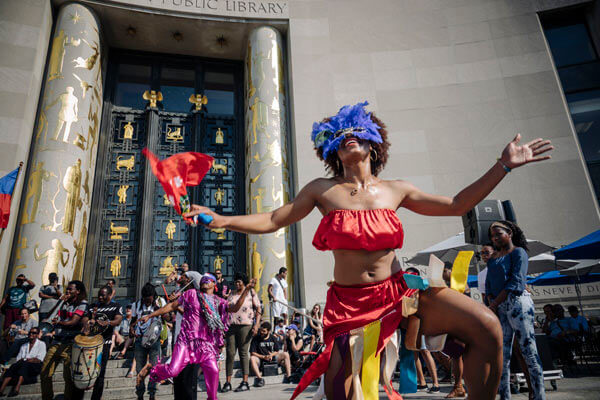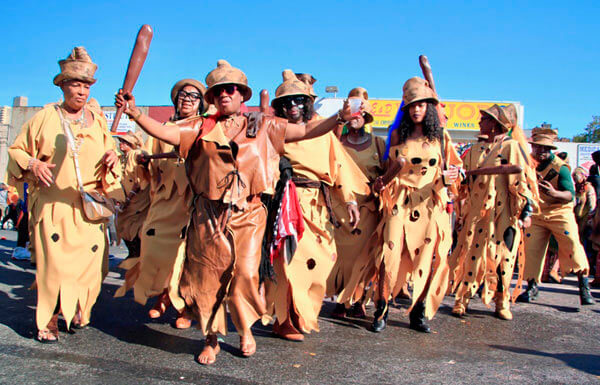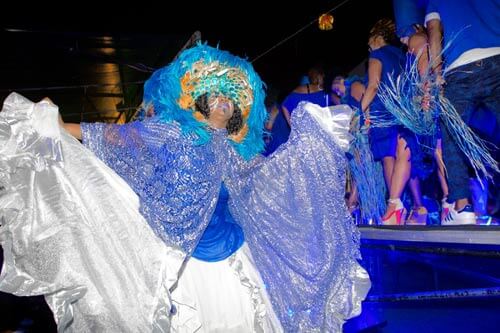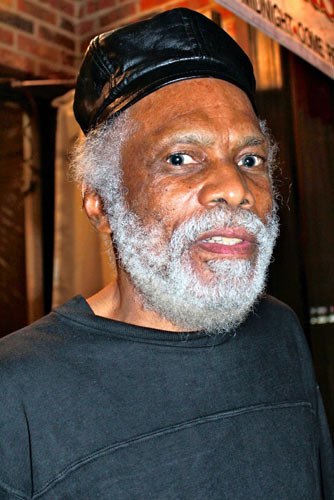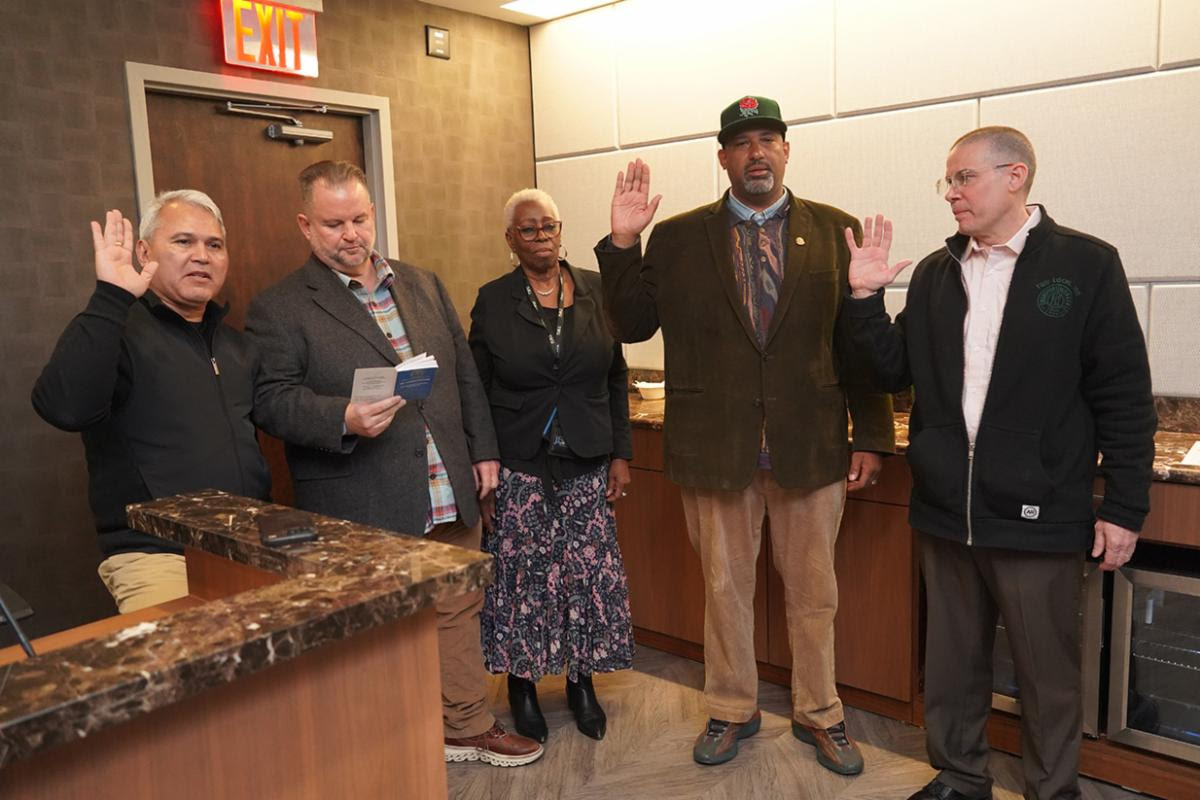Call it a festive recalling of history.
Several Caribbean-American cultural and dance groups performed the music and dances of their cultures for a day of celebrating the richness of the pre-dawn celebration J’ouvert, at Brooklyn Central Library in Prospect Heights on Aug. 19. More than 200 people were in attendance on the stairs of the library to see “The Art and History of J’Ouvert: Tradition as Resistance,” an honoring of the pre-dawn parade’s past and present history. The celebratory display was a chance for different Caribbean cultures to connect and honor the origins of the three-decade old annual fest and showcase their customs, said one musical performer.
“It’s a cultural tradition and it brings people together and as people living in the Diaspora, it is a time and opportunity for us to play mas, sing, and dance,” said Menesky Magloire. “And this is us resisting because it’s an act of claiming our space and an act of celebrating our culture and ourselves.”
Magloire and several other members of Troupe Zetwal, a Brooklyn-based traditional Haitian dance group, played horns and created a rara procession — a musical street festival originating in Haiti — from the park to the library. He said the practice was well in tune with the theme of rebellion and also shares similar history.
“The history of rara is parallel to mas in Trinidad and the Caribbean and it’s not only people just getting together and playing instruments — it has a history in colonialism and it’s embedded in many of our cultures,” he said. “But rara is special to Haitian culture because it’s not only a celebration but also has a role in our political resistance and history in the country.”
Participants dressed in costumes and oil paint portraying mythical characters, and satirically portraying popular figures such as President Donald Trump and First Lady Melania.
Others also enjoyed the camaraderie, but also wanted to use the chance to inform more people about J’ouvert, said a member of D’Original Oildowners.
“I enjoyed the togetherness especially since we’re trying to let everyone know what the history is and what the culture is really like,” said Trudy Llewellyn.
She said the origin of J’ouvert arose from a struggle that many descendants of the Caribbean take pride in celebrating. But in light of negative attention it has received due to violence, the commemorative event was timely to educate people about it, added Llewellyn.
“One of the reasons J’ouvert derived was after the abolition of slavery we celebrated our freedom with costumes and portrayed some of the masters, and that’s one of things I like about this,” said Llewellyn.








